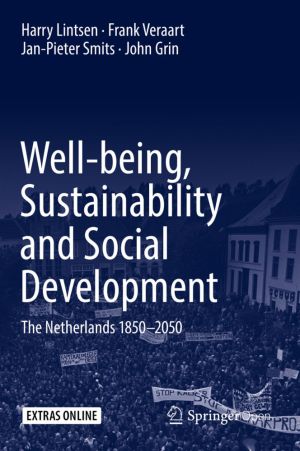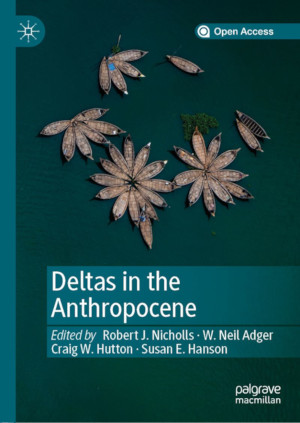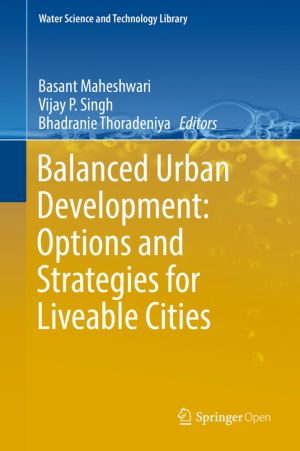Biofuels and Sustainability
Holistic Perspectives for Policy-making
by Kazuhiko Takeuchi, Hideaki Shiroyama, Osamu Saito, Masahiro Matsuura
DescriptionDetailsHashtagsReport an issue







Book Description
This book presents a comprehensive analysis of biofuel use strategies from an interdisciplinary perspective using sustainability science. This interdisciplinary perspective (social science-natural science) means that the strategies and policy options proposed will have significant impacts on the economy and society alike. Biofuels are expected to contribute to reducing greenhouse gas emissions, revitalizing economies in agricultural communities and alleviating poverty. However, despite these anticipated benefits, international organizations such as the FAO, OECD and UN have published reports expressing concerns that biofuel promotion may lead to deforestation, water pollution and water shortages. The impacts of biofuel use are extensive, cross-sectoral and complex, and as such, comprehensive analyses are required in order to assess the extent to which biofuels can contribute to sustainable societies. Applying interdisciplinary sustainability science concepts and methodologies, the book helps to enhance the establishment of a sustainable society as well as the development of appropriate responses to a global need for urgent action on current issues related to biofuels.This open book is licensed under a Creative Commons License (CC BY-NC). You can download Biofuels and Sustainability ebook for free in PDF format (6.3 MB).
Book Details
Title
Biofuels and Sustainability
Publisher
Springer
Published
2018
Pages
261
Edition
1
Language
English
ISBN13
9784431548942
ISBN10
4431548947
ISBN13 Digital
9784431548959
ISBN10 Digital
4431548955
PDF Size
6.3 MB
License

Related Books

This book examines more than two centuries of societal development using novel historical and statistical approaches. It applies the well-being monitor developed by Statistics Netherlands that has been endorsed by a significant part of the international, statistical community. It features The Netherlands as a case study, which is an especially inte...

The Anthropocene is the human-dominated modern era that has accelerated social, environmental and climate change across the world in the last few decades. This book examines the challenges the Anthropocene presents to the sustainable management of deltas, both the many threats as well as the opportunities. In the world's deltas the Anthropocen...

This book provides a unique synthesis of concepts and tools to examine natural resource, socio-economic, legal, policy and institutional issues that are important for managing urban growth into the future. The book will particularly help the reader to understand the current issues and challenges and develop strategies and practices to cope with fut...

This book offers both conceptual and empirical descriptions of how to "frame" sustainability challenges. It defines "framing" in the context of sustainability science as the process of identifying subjects, setting boundaries, and defining problems. The chapters are grouped into two sections: a conceptual section and a case sect...

"This compact book argues that ideas about accountability and legitimation – drawn from work on environmental governance – can open up new analytical perspectives on what is holding back effective energy system transformation. With bite-size chapters and illustrative cases that draw on the work of five expert witnesses, this is a novel int...

This book explores the key dimensions of a future education system designed to enable individuals, schools, and communities to achieve the twin twenty-first century challenges of sustainability and human well-being. For much of the twentieth century, Western education systems prepared students to enter the workforce, contribute to society and succe...

